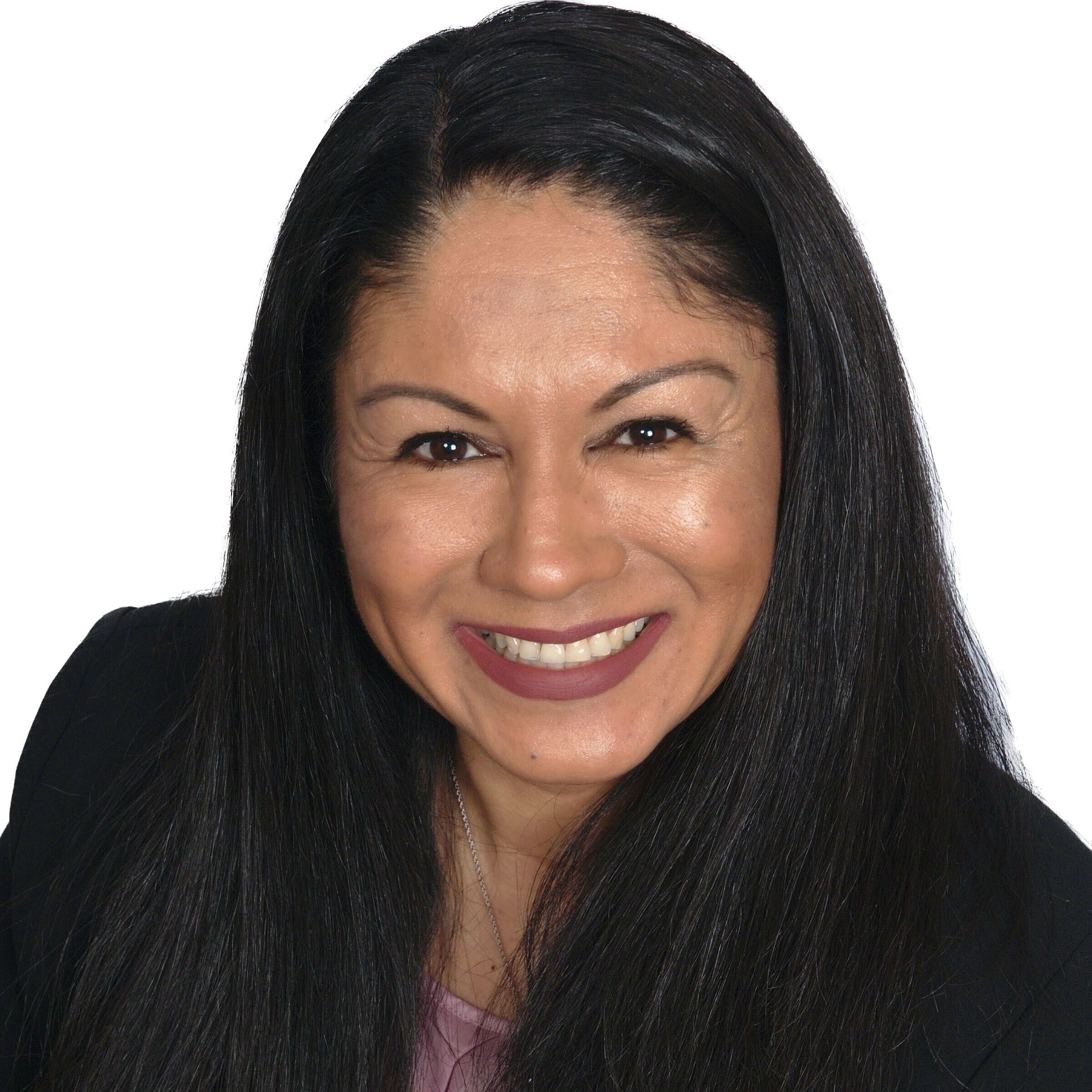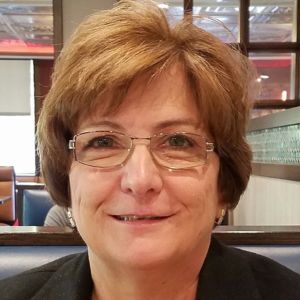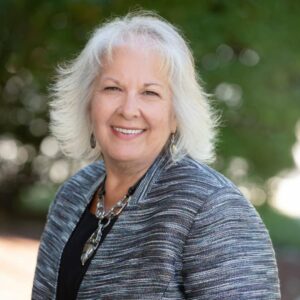How Memory Care Facilities Can Help Families Build Support Networks
Moving into a memory care community marks a significant transition for a resident’s family, bringing emotional challenges and adjustments. The experience can evoke feelings of fear and uncertainty as family members navigate this new phase of care, often grappling with feelings of loss and concern for their loved ones’ well-being. Family members may also face difficult decisions, like adjusting to new routines or relinquishing certain caregiving responsibilities. In addition to providing care for the individual, memory care facilities can offer crucial support systems to ensure family members feel informed, reassured, and supported throughout the journey.
Read on to learn the different ways that memory care facilities can help families build valuable support networks that will enhance the transition process.
The Value of Support Networks for Families

Giselle Bardwell, president of Brightstar Home Care – Cuyahoga West
Support networks play a crucial role for families during the challenging times such as when a loved one transitions into a residential memory care program. “Having strong support networks that provide a sense of community, offer guidance, and arm you with various coping strategies will be important as dementia conditions progress,” says Giselle Bardwell, president of Brightstar Home Care – Cuyahoga West.
Families are often affected by the loss and grief of losing their loved one to a memory illness even more so than the loved one at the point when they need to be placed in a memory care program. Therese Johnson, a gerontologist, is an Alzheimer’s Specialist and Certified Nurse’s Assistant. She is also the founder and CEO of Senior Care of the Sacramento. “Support groups can help family members with dealing with their grief and loss of their loved one to this illness, because many of them have already gone through it or are past the stage their loved one is in and can give them tips and methods that they used,” she explains. “[Support groups] can help ease [family members’] suffering by helping them know what to expect next as well.”
Types of Support Memory Care Programs Can Provide Families
Families can benefit from several types of support:
- Emotional support and practical assistance: “Close relatives, neighbors, and friends can offer a sense of understanding and empathy,” says Bardwell. “This emotional backing helps reduce feelings of isolation and stress, providing a safe space to share experiences and feelings.” Those individuals can also help with tasks like meal preparation and driving, allowing family members to spend more time with their loved one.
- Informational resources: Community-based groups, like nonprofits and community centers, can connect families with others who have navigated similar experiences, sharing resources and best practices for care.
- Advocacy and guidance: Support networks can offer guidance and help families advocate for the best possible care as they may need to make critical decisions as a loved one’s condition progresses.
- Coping strategies: Support networks can help families develop coping strategies. “This collective wisdom can lead to better resilience and a more positive outlook on the caregiving journey,” says Bardwell.

Therese Johnson, founder and CEO of Senior Care of the Sacramento
To connect clients and families with the resources they need, Johnson first performs a complete mental, emotional, physical, spiritual, and environmental assessment of each client. She then provides a customized long-term care plan, giving clients solutions and resources for their particular needs and circumstances. She also partners with other organizations to expand her reach and help deliver resources that provide support to the families of memory loss clients. “By taking the time to build strong relationships with these organizations, I have created a robust support network for families facing the challenges of memory care,” she explains.
Johnson recommends the following support networks and resources:
Local and Regional Organizations:
- Alzheimer’s Association: Johnson notes that the Alzheimer’s Association is a great starting point, as they offer a wealth of resources, support groups, and educational programs.
- Area Agencies on Aging (AAAs): AAAs are government-funded organizations that provide services to older adults and their caregivers, including information and assistance with long-term care.
- Local hospitals and medical centers: Hospitals and medical centers often have geriatric departments or social services that can connect caregivers with community resources.
- Religious organizations: Many churches, synagogues, and other religious institutions offer support groups and programs for caregivers.
- Senior centers: Senior centers can also provide information about local resources and support groups.
National Organizations:
- National Council on Aging (NCOA): The NCOA offers a variety of programs and resources for older adults and their caregivers.
- National Alliance for Caregiving: The National Alliance for Caregiving supports caregivers of all types, including those caring for individuals with dementia.
Networking and Building Relationships:
- Attend conferences and workshops: Conferences and workshops provide opportunities to connect with other families and professionals in the field, which can help families not feel so alone in their journey.
- Volunteer for local organizations: By volunteering, families can build relationships and gain firsthand knowledge and support for themselves and their loved one.

Joan DiPaola, RN, Certified Senior Dementia Care Specialist for CareOne
Joan DiPaola, RN, Certified Senior Dementia Care Specialist for CareOne, explains that her team takes a proactive approach to learning about community resources and services available that can provide additional support. Her team attends workshops, community events, fundraisers, and networking events to learn about such resources.
Additionally, DiPaola notes that family education is an often overlooked but highly valuable form of support. “As a Dementia Care Specialist, I recognize the need for family education to clarify any misunderstanding about the progression of the disease,” she explains.
She notes that the negative stigma of dementia in our society has led individuals to avoid seeking the appropriate diagnosis, proper care, or right pharmaceutical interventions and treatment. “This stigma not only impacts those living with brain changes, but it also affects their family members’ ability to seek the necessary support and care they need,” she says. “Education is the framework of understanding about the stages of dementia and the approaches of care.”
How Memory Care Programs Can Help Families Build Support Networks
CareOne has a full-time Dementia Care Specialist who is responsible for providing monthly education to all employees, providing coaching in the moment with challenging behaviors, and providing education to families once a month. “Our Food for Thought program brings families together for dinner, networking with each other while receiving education on topics pertaining to the progression of the disease,” explains DiPaola.
CareOne also holds a monthly support group for family members, as well as a monthly spousal support group. “These programs are free and provide the individual with a safe place to discuss challenges, fears, and the stresses of caregiving,” DiPaola says. “These support groups help the family members express their own emotions and develop positive interventions to maintain meaningful relationships no matter what stage of dementia their loved one is living in at the time.”
In addition to caring for the resident, memory care programs can make a positive impact by taking time to focus on the family’s needs, too. “Navigating the complexities of memory care can be confusing and isolating,” Bardwell explains. “A support network provides a multifaceted support system that enhances the well-being of both the caregiver and the loved one, ensuring that no one has to face these challenges alone.”

Paige Cerulli is a contributing writer to i Advance Senior Care.
Related Articles
Topics: Alzheimer's/Dementia , Facility management , Featured Articles , Operations , Risk Management











